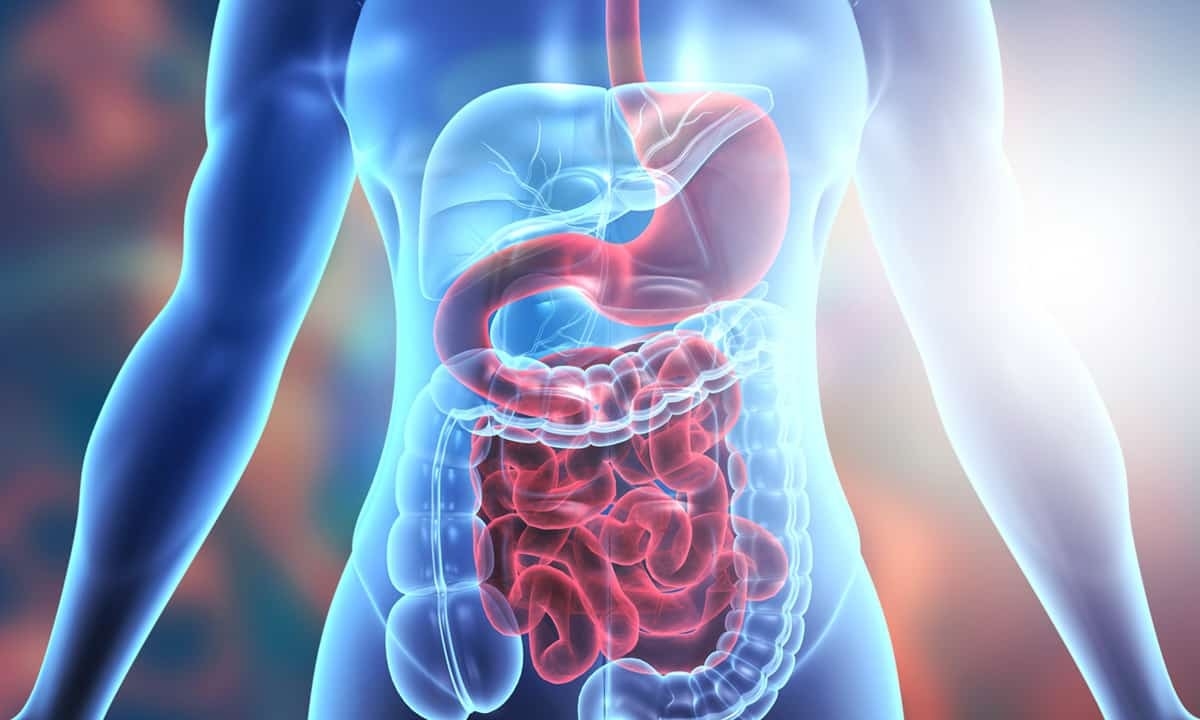
It didn’t use to be this way. You ate freely. Then came the discomfort. Bloating after bread. Cramps after cheese. Slowly, your plate changed. Not because you wanted it to. But because you had to. Turkish gastroenterologists see this often. Food avoidance isn’t just preference. It’s adaptation to discomfort. When that becomes daily, it’s worth investigating.
Bloating becomes a routine, not an exception
You finish your meal. Within minutes, the tightness begins. Clothes press harder. Your stomach rounds. It’s not overeating. It’s something else. Bloating that repeats—especially after normal portions—isn’t just digestion. It might be slow transit, fermentation, or even bacterial imbalance. Clinics in İstanbul often test for SIBO when bloating leads the complaint.
Constipation is no longer just a travel-related issue
Three days pass. Still nothing. You drink more water. Eat more fiber. No change. Constipation isn’t rare. But frequency matters. If your rhythm slows regularly, something deeper may be involved. Hypothyroidism. Medication side effects. Pelvic floor dysfunction. In Türkiye, colorectal specialists now see chronic constipation as more than diet-related.
Diarrhea comes in waves without warning
You plan your day around bathrooms. It’s not stress. It’s become pattern. Loose stools, often sudden. Sometimes painful. Other times just disruptive. Turkish clinics check for parasites, especially in coastal towns. But chronic diarrhea can signal IBS, bile acid malabsorption, or even pancreatic insufficiency. When it becomes the norm, it’s time for answers.
Heartburn creeps in even when you avoid spicy foods
You’ve cut the coffee. The tomato. The evening meals. Still, the burn persists. Sometimes it climbs. Sometimes it lingers low. GERD doesn’t always follow rules. It can worsen from posture, hormones, even tight clothes. Endoscopy clinics in Ankara note that silent reflux is often misdiagnosed. When it disrupts sleep, help becomes essential.
Burping no longer feels occasional—it interrupts conversations
A few burps after eating used to be fine. Now, it’s constant. Loud. Involuntary. You pause mid-sentence. Carbonated drinks are gone, yet it continues. Turkish internists link frequent belching with aerophagia, hiatal hernia, and gastric emptying disorders. If you’re burping more than laughing during meals, something’s up.
Stomach pain follows no clear logic anymore
Sometimes it’s right after eating. Sometimes hours later. Sometimes it’s sharp. Sometimes dull. Pain that moves or changes form is hard to pin down. That’s why it’s often dismissed. But Turkish gastroenterology centers suggest journaling symptoms. Patterns often emerge in hindsight. Especially with ulcers, gastritis, or functional disorders.
Your appetite has changed, but your weight hasn’t caught up yet
You used to be hungry at noon. Now you skip meals. Not intentionally. Just not interested. Appetite suppression often precedes weight loss. Or worse, masks malabsorption. In Turkish hospitals, unexplained weight stability despite low intake is a red flag. Especially in older patients. Especially when fatigue coexists.
Gas causes more than discomfort—it becomes a social barrier
You sit differently now. You avoid tight rooms. Or dinners with others. Excess gas isn’t just unpleasant. It changes behavior. It signals fermentation or incomplete digestion. Clinics in İzmir now offer hydrogen breath tests routinely. Because sometimes, it’s not what you eat—but how your gut breaks it down.
You feel full quickly, even after small meals
You eat less than usual. But feel heavy. Full. Sometimes even nauseous. This early satiety might point to delayed gastric emptying. Or upper GI inflammation. It’s common among people with diabetes or certain neurological conditions. Turkish specialists screen for gastroparesis when fullness doesn’t match portion size.
Nausea shows up without an obvious trigger
You’re not pregnant. You haven’t eaten anything questionable. Yet the nausea comes. Not vomiting. Just waves of discomfort. Turkish clinics look at gallbladder function in these cases. As well as inner ear balance and medication history. Persistent nausea, especially in the morning, deserves attention beyond antacids.
Your stools change color or shape, and not just once
They’re pale one week. Dark the next. Then loose. Then sticky. These aren’t random events. Changes in stool shape or color often reflect bile flow, bleeding, or fat absorption. In Turkish labs, stool analysis still remains underused. But a basic check can reveal what bloodwork often misses.
You’re taking antacids more often, but they help less each time
First it worked instantly. Then it took longer. Now, sometimes, not at all. When antacids lose effect, acid may not be the issue anymore. It might be motility. Or microbial imbalance. Or even bile reflux. Turkish pharmacists report rising demand for stronger options. But stronger doesn’t always mean smarter.
You sense something’s wrong, even when your tests say normal
Bloodwork looks clean. Imaging shows nothing urgent. Yet the discomfort stays. You feel off. Functional GI disorders are often missed in early stages. They require symptom-based diagnosis. Not lab confirmation. That’s why clinics in Türkiye are increasing interdisciplinary consultations. To link subtle symptoms across departments.
